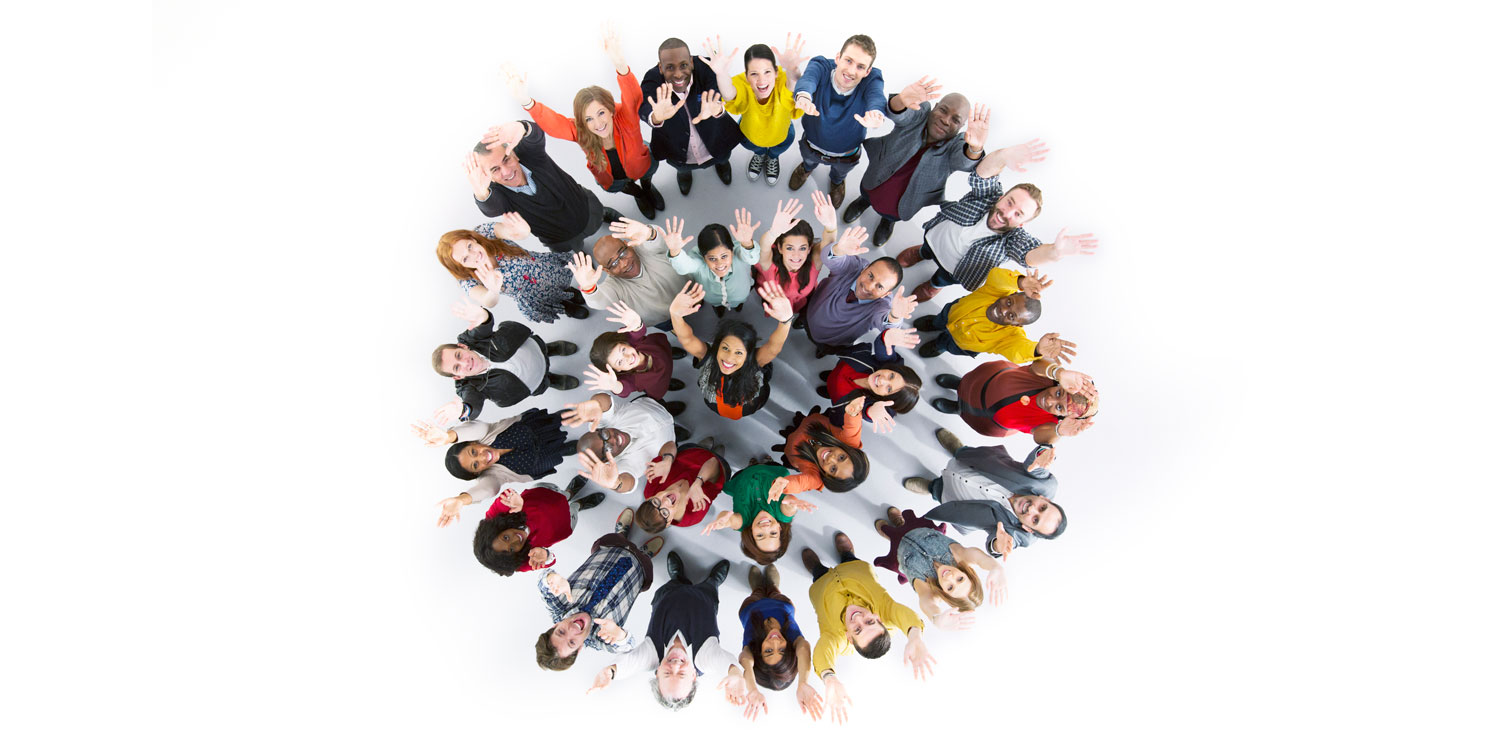Australia has been multi-faith for more than 50,000 years, given the diversity of beliefs and practices among Aboriginal and Torres Strait Islander peoples. Anglicans, Catholics, Methodists, Congregationalists, Presbyterians, Jews and Muslims have been arriving in Australia since colonisation in 1788.
The most recent census data shows increasing religious diversity in Australia. Christianity is the most commonly reported religion, but in the 10 years to the 2011 census, the number of people reporting a non-Christian faith now accounts for 7.2 per cent, up from 4.9 per cent in 2001.
Discrimination at work on the basis of religion is against the law in Australia, and many organisations have policies that espouse acceptance and tolerance of diversity and reject discrimination. This is admirable, but acceptance has to be an everyday reality for people in the workplace. There are a lot of practical things organisations can do to be more inclusive of religious diversity and ensure that people of different faiths feel like equal members of the team.
How to promote religious diversity at work
Organisations can start by accommodating their employees’ or potential employees’ need for prayer and observance of religious duties, subject to operational requirements. Ideally, this means having a quiet room for the purposes of prayer, contemplation and private reflection. Having a quiet room on-site also has the advantage of minimising time taken away from the workplace.
Calling it a “quiet room” or “reflection room” rather than a “prayer room” is recommended as this is more inclusive for non-religious people who may meditate or need a space for private reflection. It’s also important to be clear what the room is for and how it is made available, for example, can it be booked ahead? Are candles and motifs allowed? Ensure it is not used for meetings or for napping!
Organisations can also accommodate someone’s desire to wear religious attire, such as a hijab. If you have a corporate uniform, it should not be difficult to provide options for these employees to consider.
When it comes to leave for religious holidays outside those covered by public holidays, leading practice employers allow staff to apply under annual leave, carer’s leave or other types of personal paid or unpaid leave. Some organisations have explored the idea of “floating cultural holidays” where an employee can take culturally significant days off by trading official public holidays for a “cultural day”.
“Managers and recruiters must ensure they avoid cultural bias and value the skills of religiously and culturally diverse candidates.”
Speaking of celebrations, it is also important to encourage work socialisation that involves eating rather than just drinking alcohol. This is relevant for many people of various cultural and religious backgrounds as well as for those people who choose to not drink alcohol for health or other reasons.
Education for staff is crucial to encourage religious acceptance and avoid stereotyping or discrimination. Managers and recruiters must ensure they avoid cultural bias and value the skills of religiously and culturally diverse candidates. However, the most important thing organisations can do to make the most of diversity in all its forms is build their inclusive leadership capabilities.
Diversity Council Australia’s (DCA’s) Building Inclusion research, released in 2015, found that inclusive leaders create successful organisations – they improve performance, productivity and innovation by being able to relate to diverse people and perspectives, and by their willingness to be open, flexible and to focus on personal, team and organisational growth.
We recommend inclusive leaders build their capabilities by adopting DCA’s five mindsets of an inclusive leader:
- Identity-aware: Believes diversity can significantly improve organisational performance and so learns about their own and others’ identities (for example, age and gender)
- Relational: Creates teams and networks in which a diversity of people feel they belong, are valued and respected
- Open & curious: Is curious about and open to new and different perspectives from a diversity of people
- Flexible & agile: Is flexible about and responsive to a diversity of people and perspectives
- Growth-focused: Challenges accepted practices and incorporates different perspectives into how business is done.
One of the great things about diverse and inclusive workplaces is how much we can learn from each other when we truly embrace our differences. When workplaces create environments where varying religious and cultural identities are celebrated, everyone’s lives can be enriched. Have faith in each other and reap the rewards.
Lisa Annese is the chief executive of the Diversity Council Australia.



